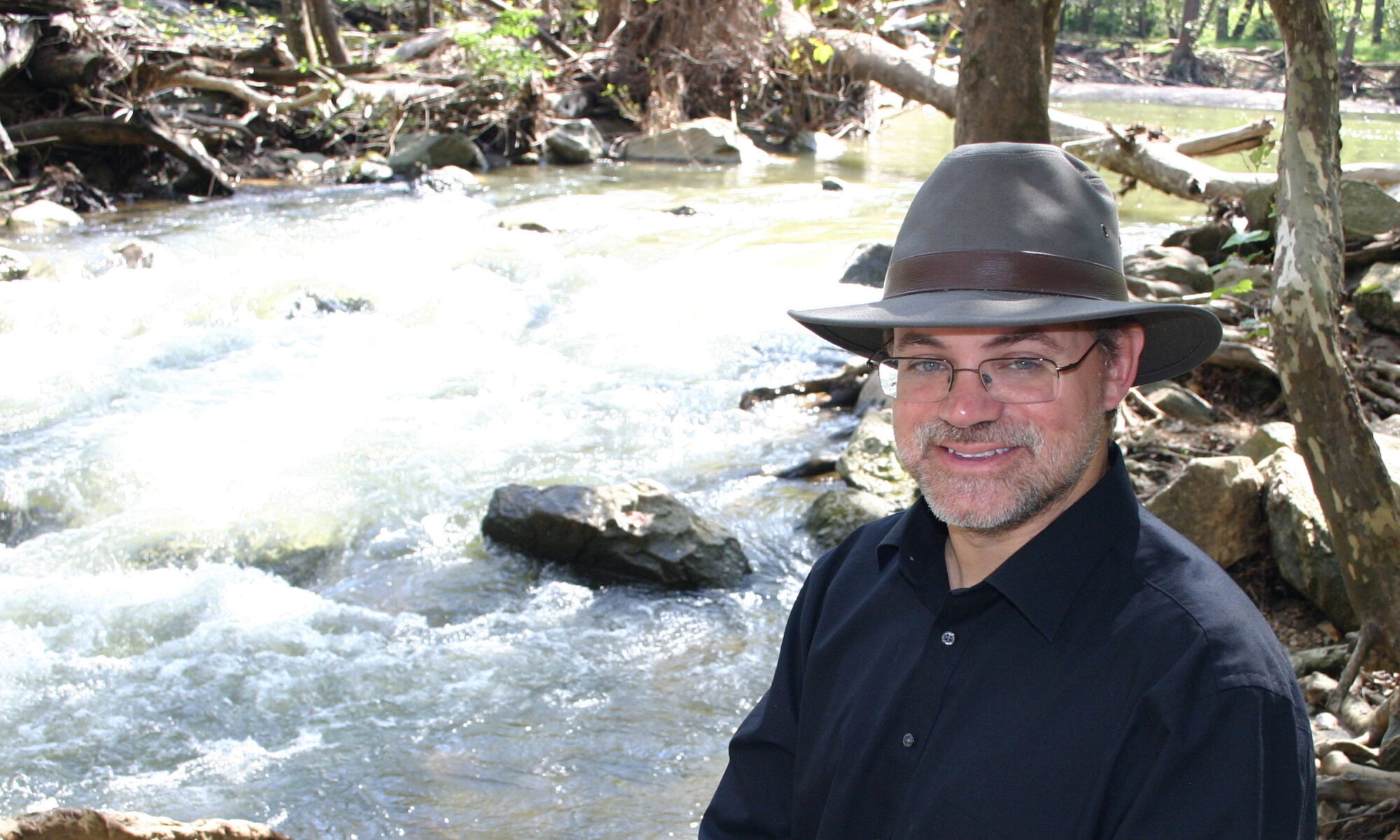The text: Psalm 14 – NRSV
When I started this project, it was psalms like this one that provided the motivation. This potent little poem speaks powerfully not only to the current climate, but to every climate in history. There is some hope in that. The first line of the first verse is a clarion call, a sharp retort highly unusual in Scripture. Very rarely does Scripture ever directly address the question of God’s existence, but such is the nature of this psalm that it begins not with the question, but a statement of the absurdity of asking the question at all. It’s not that the question is the problem; it’s that by asking the question we reveal our true motivation: that we were rather be God than worship God. That is the Problem, with a giant, capital “P”. This is, of course, Paul’s exact argument in the opening chapters of Romans. Indeed, Paul quotes this very psalm, v. 1-3, in Romans 3 (it’s very much worth a read, particularly if you have Psalm 14 handy). Romans 3 is likewise a clarion call that almost assuredly made Paul quite unpopular with his Pharisee colleagues by claiming that no one is righteous—not even the most learned Pharisee, of which Paul was an example—and therefore that all people are in need of the saving grace of God. The brilliant thing is that the words weren’t Paul’s! They came from Psalm 14, the Pharisee’s own treasured literature. But it’s not just the Pharisees that were uncomfortable. Paul (and Jesus, by the way) made lots of people uncomfortable. Honestly, if we truly hear the words of this psalm, it should make each of us uncomfortable, as the truth is that we are all flawed. The very “Ash Wednesday” message of this psalm is that only by acknowledging this truth about ourselves can God truly become our refuge. We must become poor to become rich.
The Pharisees would have you believe that religion is about what you believe and whether you’re following the rules. This psalm, and Paul, (oh, and Jesus, by the way) claim instead that your faith is about the choices you make, the way you behave, and the way you love God and love neighbor. This is why James ardently claimed that faith without works is dead. Scripture is saturated with this idea (By this all people will know that you are my disciples, if you have love for one another… Therefore by their fruits you will know them…). Christianity is about ministry. Is it any wonder that in so many cases unchurched people are drawn first to service projects or mission trips, and that faith blossoms later as a result of these experiences? So be careful with this little psalm. Only seven little verses. But those seven little verses contain the power to rock the world, to rock your world…in a very good way. You then may very well join the chorus:
O that deliverance for Israel would come from Zion!
When the Lord restores the fortunes of his people,
Jacob will rejoice; Israel will be glad.
Curious about this series of posts? Read the initial post.
Want to catch up on any you missed? See them all by clicking on ‘Lenten Psalms” below.
